Introduction: Fueling the Future of Blockchain Innovation
The blockchain revolution is gaining momentum, and 2025 promises to be a defining year for crypto innovators. From decentralized finance (DeFi) to non-fungible tokens (NFTs) and layer-2 scaling solutions, opportunities for transformative projects abound.

See How to Apply for Grants in 2025
However, turning visionary ideas into reality requires funding. Grants offer non-dilutive capital, empowering developers, entrepreneurs, and researchers to drive progress.
This article highlights the top 20 grants available in 2025 for crypto projects. Covering established blockchains and emerging ecosystems, these grants can help you transform your blockchain concepts into impactful solutions.
TLDR: Top Crypto Grants for 2025
- Non-Dilutive Funding: Grants offer capital without equity loss, preserving project control.
- Focus Areas: Support DeFi, NFTs, layer-2, tokenized assets, and decentralized AI.
- Key Programs: Ethereum, Solana, Aave, Algorand, Chainlink; funding from $5,000–$500,000.
- Application Tips: Submit clear, data-driven proposals aligned with grant goals, leveraging community feedback.
- 2025 Trends: Emphasis on regulatory compliance, interoperability, and sustainable solutions.
Why Crypto Grants Matter in 2025
In 2025, blockchain innovation thrives in a vibrant, competitive ecosystem. Crypto grants fuel this progress, empowering developers to explore bold ideas without immediate profit pressures. Recent forecasts indicate global cryptocurrency users are estimated to be significantly lower than 850–900 million in 2025, with earlier projections from 2023 suggesting around 425 million users by 2024, according to Crypto.com. Current data does not provide a precise estimate for institutional holdings in cryptocurrency as of mid-2025, but institutional interest has grown, with significant investments noted in 2024 and early 2025. Grants offer critical financial support and access to key resources, positioning projects for lasting success in a fast-evolving industry.
The Strategic Importance of Grants
Grants are more than funding—they empower sustainable, high-impact blockchain projects. They free creators to tackle complex challenges like scalability, interoperability, and regulatory compliance, key to mainstream adoption. In 2025, grants will likely focus on trends like tokenized real-world assets and decentralized AI, supporting practical, scalable solutions.

Learn More about Blockchain Consensus
Benefits of Securing a Crypto Grant
Securing a grant can transform your project’s trajectory. Here’s why they’re essential:
Non-Dilutive Funding:
- Retain full ownership and control, unlike venture capital, which often demands equity. This allows founders to stay true to their vision.
Community and Ecosystem Support:
- Grants connect you to vibrant developer networks, industry leaders, and technical resources.
Enhanced Credibility:
- Affiliation with reputable grant programs, such as the Ethereum Foundation or Binance Labs, signals trustworthiness to users and investors, boosting your project’s market presence.
Accelerated Scalability:
- Funding accelerates development by providing access to advanced tools, talent, and resources—enabling broader market reach. For example, some Solana Foundation grant recipients have developed gaming dApps, contributing to the ecosystem’s growth, as noted in Solana’s community updates and hackathon reports.
Innovation Without Financial Pressure:
- Grants free developers from immediate revenue demands, allowing experimentation with cutting-edge technologies like zero-knowledge proofs or cross-chain bridges.
Expert Insights
Grants play a critical role in advancing blockchain innovation by equipping developers with the resources needed to pursue transformative ideas and build resilient ecosystems. This view aligns with the broader perspective of Dan Boneh, co-director of the Stanford Center for Blockchain Research, who has emphasized the importance of research funding in enabling technical advancements and fostering collaboration in the blockchain space.
Top 20 Crypto Grants for 2025
Aave Grants DAO
- Blockchain: Aave (DeFi protocol, primarily Ethereum-based)
- Estimated Launch: May 2021 (Aave protocol launched in 2017)
- Funding Range: Varies; historically often below $100,000, with some larger strategic grants. Millions distributed in total.
- Focus Areas:
- Protocol development and integrations
- Aave GHO stablecoin initiatives
- Ecosystem tooling and research
- Application Process: Submit proposals via the Aave Grants DAO website. Rolling review, with "Request for Grants" (RFGs) for specific areas.

Apply for Aave Grants
Algorand Foundation Grants
- Blockchain: Algorand (layer-1 blockchain)
- Estimated Launch: 2020-2021 (Mainnet launched June 2019)
- Funding Range: $25,000 to $300,000
- Focus Areas:
- Green blockchain solutions for sustainability
- Decentralized finance (DeFi) applications
- Tokenized assets and digital economy innovations
- Application Process: Submit proposals via Algorand’s grant portal. Additional support is available through startup programs.
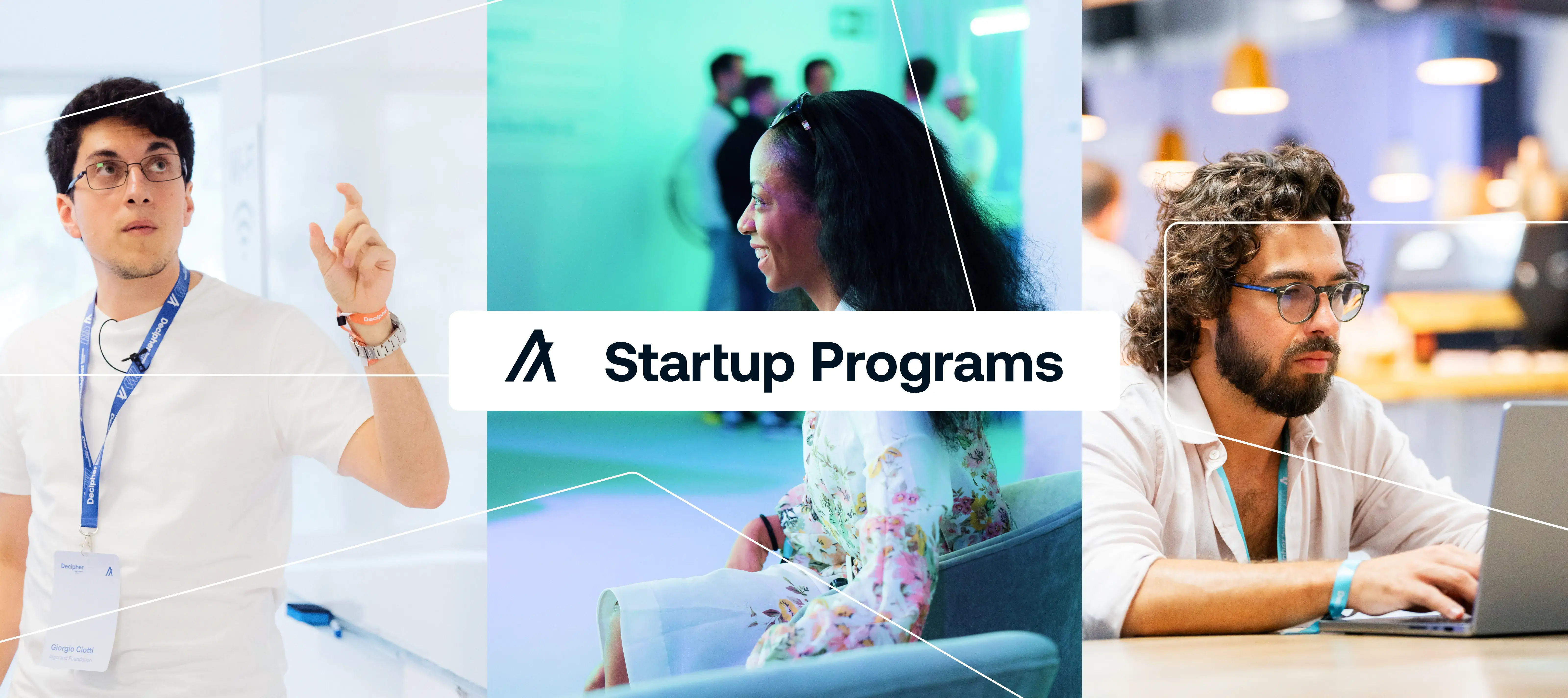
Apply for Algorand Grants
Aptos Grants
- Blockchain: Aptos (layer-1 blockchain)
- Estimated Launch: 2023 (Mainnet launched October 2022)
- Focus Areas:
- Community engagement and adoption
- Education and developer enablement
- Decentralization initiatives
- Application Process: Submit proposals via the Aptos Foundation’s official grants portal.
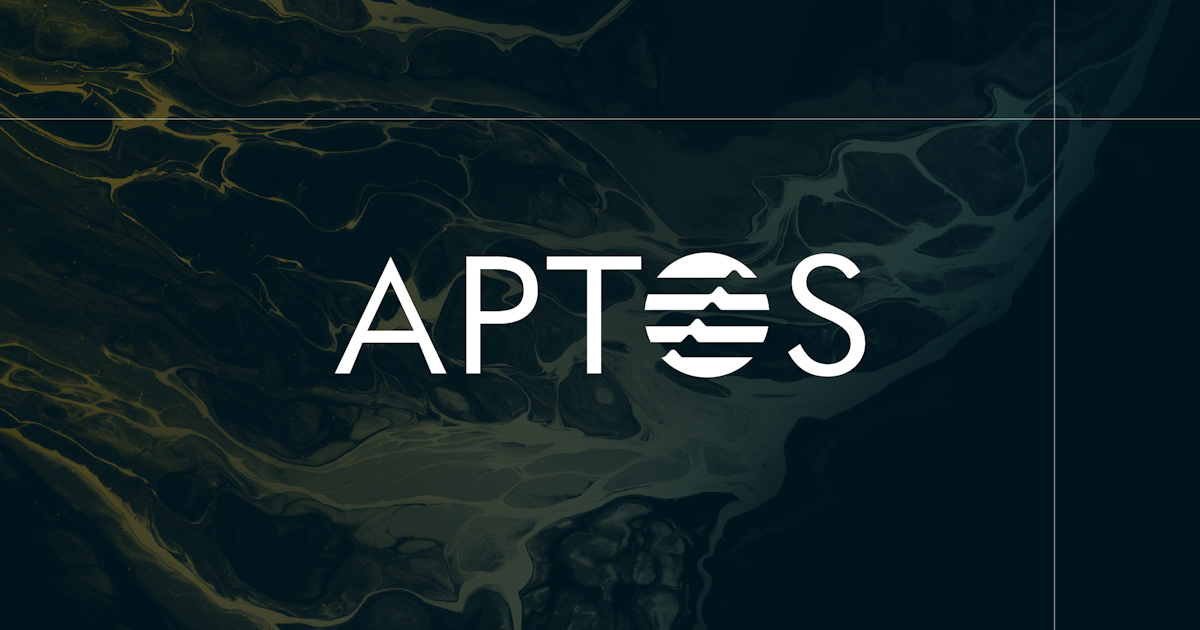
Apply for Aptos Grants
Avalanche Foundation Retro9000 Grants
- Blockchain: Avalanche (layer-1 blockchain)
- Estimated Launch: 2023-2024 (Mainnet launched September 2020)
- Funding Range: $10,000 to $200,000
- Focus Areas:
- Subnets (custom layer-1 blockchains within Avalanche)
- Decentralized finance (DeFi) solutions
- Gaming applications and infrastructure
- Application Process: Developers must register on the Retro9000 platform, build on the Avalanche9000 testnet, and deploy to mainnet to qualify. Submissions are ranked via community voting, with grants allocated based on votes and project milestones.
Apply for Avalanche Grants
Base Grants
- Blockchain: Base (Ethereum layer-2 blockchain)
- Estimated Launch: 2023-2024 (Mainnet launched 2023)
- Focus Areas:
- Development of decentralized applications on the Base ecosystem
- Scalability and efficiency solutions for Ethereum layer-2
- Innovative use cases leveraging Base’s infrastructure
- Application Process: Submit proposals through the Base grant portal for review by the Base team.
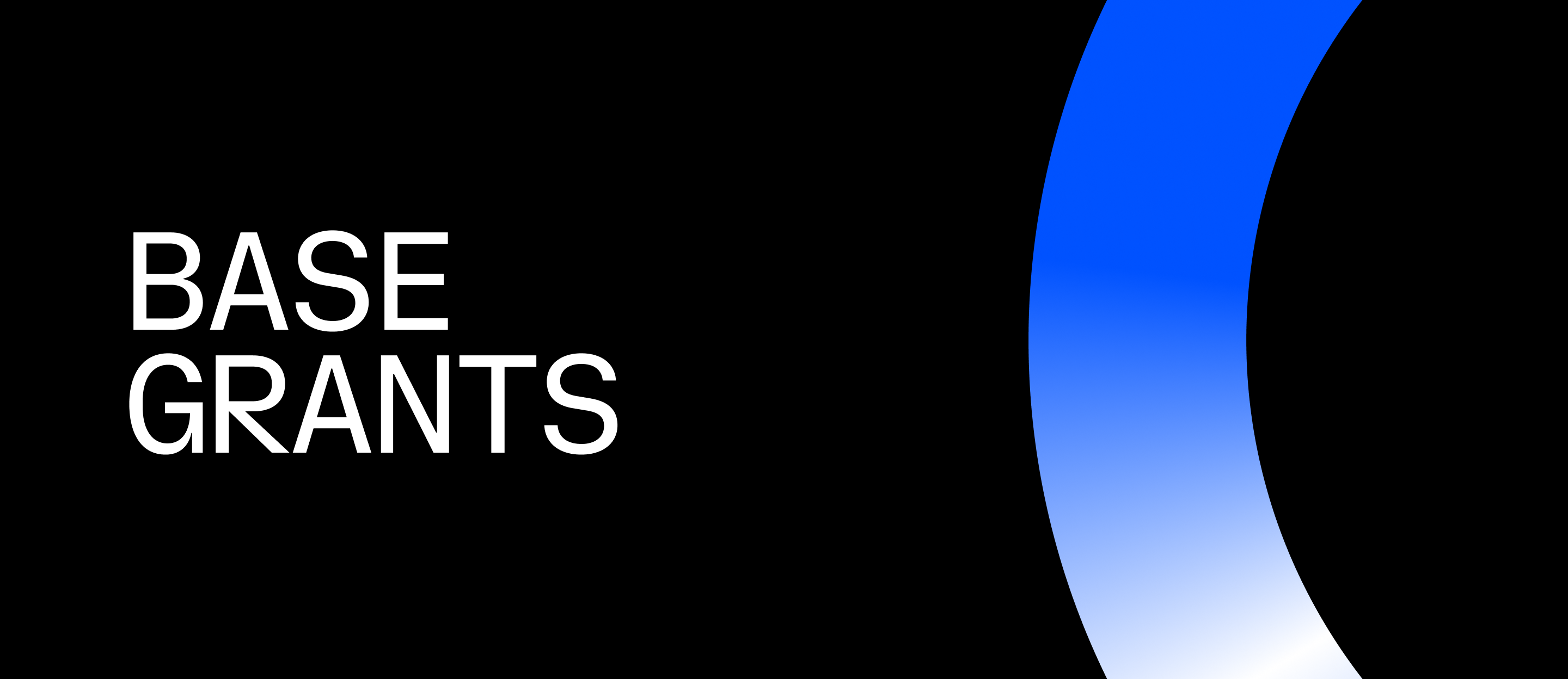
Apply for Base Grants
YZi Labs(Binance) Incubation Program
- Blockchain: BNB Chain (EVM-compatible blockchain ecosystem)
- Estimated Launch: June 2025 (current "EASY Residence" iteration)
- Funding Range: $500,000 investment per selected startup (equity purchase + uncapped SAFE)
- Focus Areas:
- Web3 projects
- Artificial Intelligence (AI) innovations
- Healthcare solutions
- Application Process: Applications for the YZi Labs "EASY Residence" program are typically submitted via their official website during open application periods. The program involves a competitive selection process for early-stage teams, culminating in a 10-week in-person residency in Silicon Valley.

Apply for Binance / YZi Grants
Cardano Research and Development Grants
(Project Catalyst)
- Blockchain: Cardano (a proof-of-stake, layer-1 blockchain managed by IOG (formerly IOHK), with community governance through Project Catalyst).
- Estimated Launch: September 2020 (Cardano's mainnet launched September 2017)
- Funding Range: Funding is allocated in ADA from the Cardano treasury. Proposals can request a minimum of 15,000. Total funding has exceeded $64 million.
- Focus Areas:
- Core Technical Development & Infrastructure
- Ecosystem Growth & DApp Development
- Community Governance & Social Impact
- Application Process: Proposals are submitted by community members through the Project Catalyst Ideascale platform. The process involves ideation, community refinement, a review period by Community Reviewers, and a final vote by ADA holders using the Project Catalyst voting app.
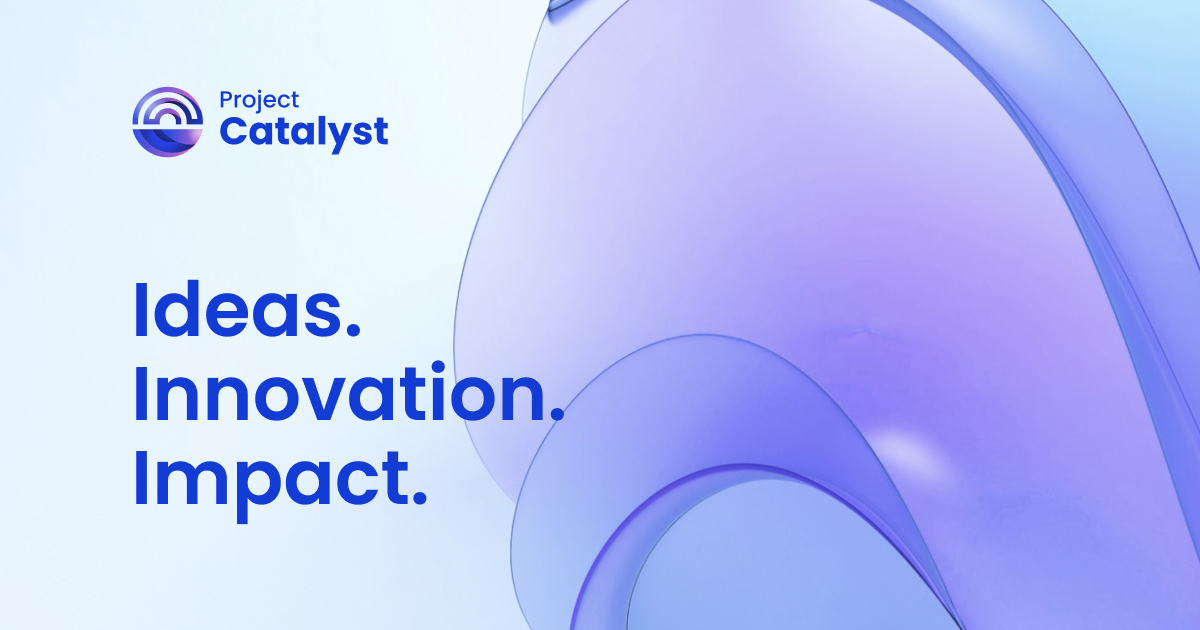
Apply for Project Catalyst Grants
Chainlink Community Grants
- Blockchain: Chainlink (a decentralized oracle network, blockchain-agnostic)
- Estimated Launch: July 2020
- Funding Range: Grants generally range up to $100,000, with specific Blockchain Integration Grants potentially exceeding this amount depending on the scope and complexity of the project.
- Focus Areas:
- Core Infrastructure & Protocol Development
- Decentralized Application (dApp) Innovation
- Ecosystem Growth & Community Initiatives
- Application Process: Submit proposals through the official Chainlink Grant Program application channels. Targeted "Request for Proposals" (RFPs) are also issued for specific development needs.
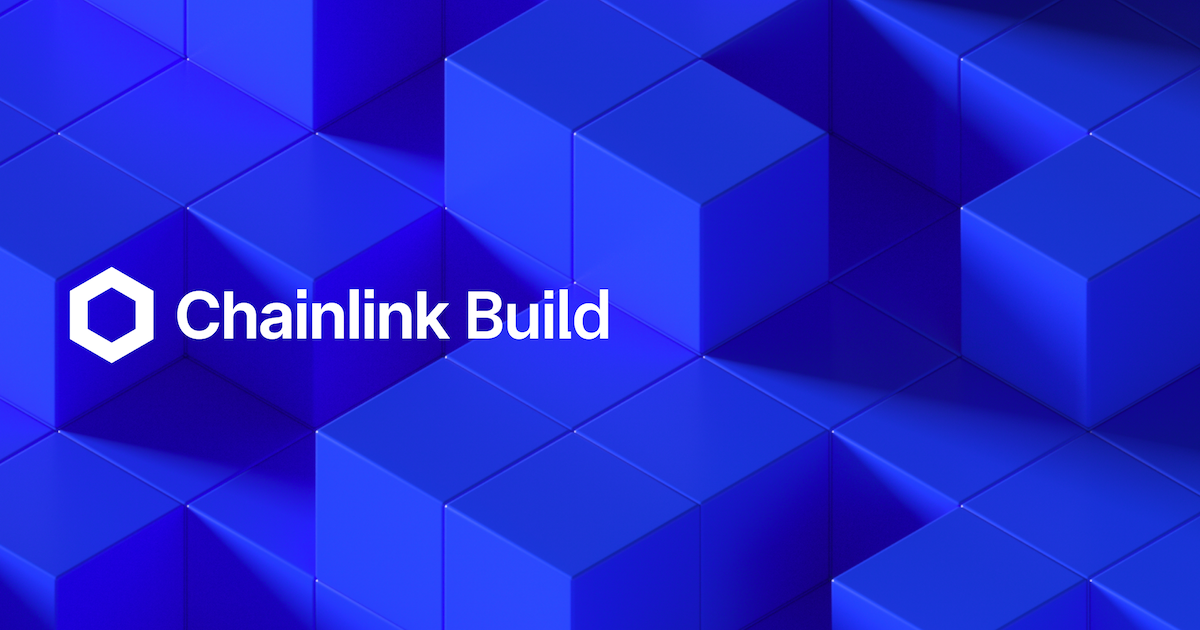
Apply for Chainlink Grants
Cosmos Community Funding
- Blockchain: Cosmos (layer-1 blockchain ecosystem)
- Estimated Launch: 2020 (Cosmos’ mainnet launched March 2019)
- Funding Range: $10,000 to $250,000
- Focus Areas:
- Inter-Blockchain Communication (IBC) for cross-chain interoperability
- Scalability solutions for the Cosmos ecosystem
- Development of tools and applications using the Cosmos SDK
- Application Process: Submit proposals via the Cosmos Hub’s grant application process for review by the Cosmos community and governance.
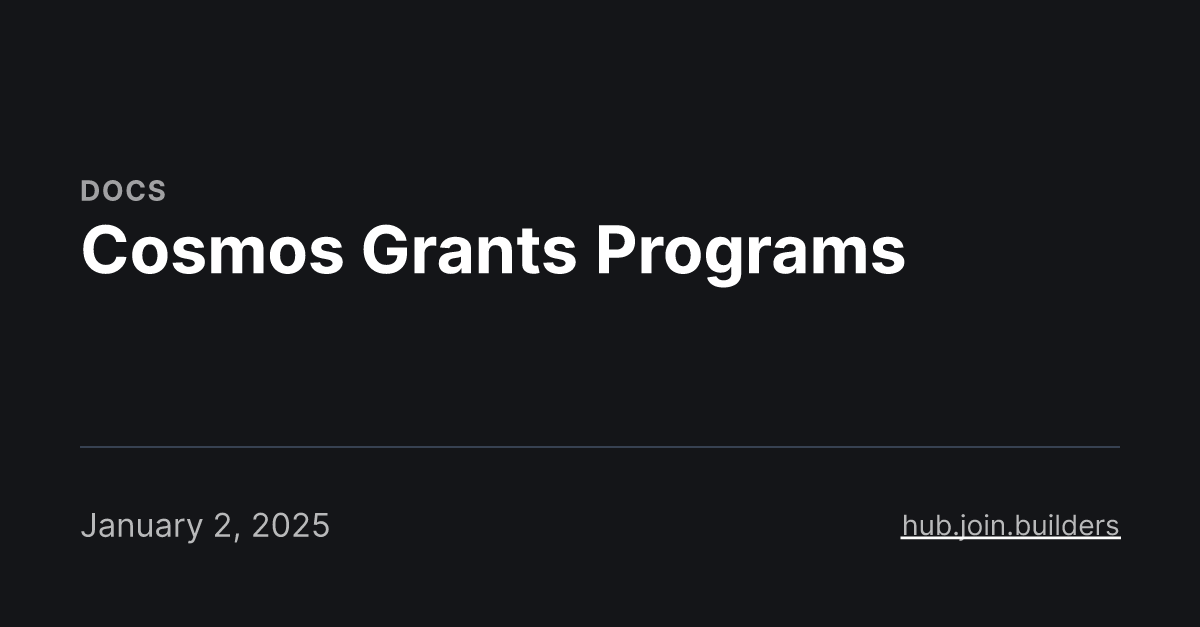
Apply for Cosmos Grants
EigenLayer Grants Program
- Blockchain: EigenLayer (Ethereum restaking protocol)
- Estimated Launch: The grants program likely began between 2024 and 2025, following EigenLayer’s emergence post-2023.
- Funding Range: Grants range from $15,000 to $200,000, tailored to project scope and impact.
- Focus Areas:
- Pooled security solutions
- Ethereum restaking innovations
- DeFi applications and integrations
- Application Process: Submit proposals via EigenLayer’s dedicated grant portal for review by the Eigen Foundation.
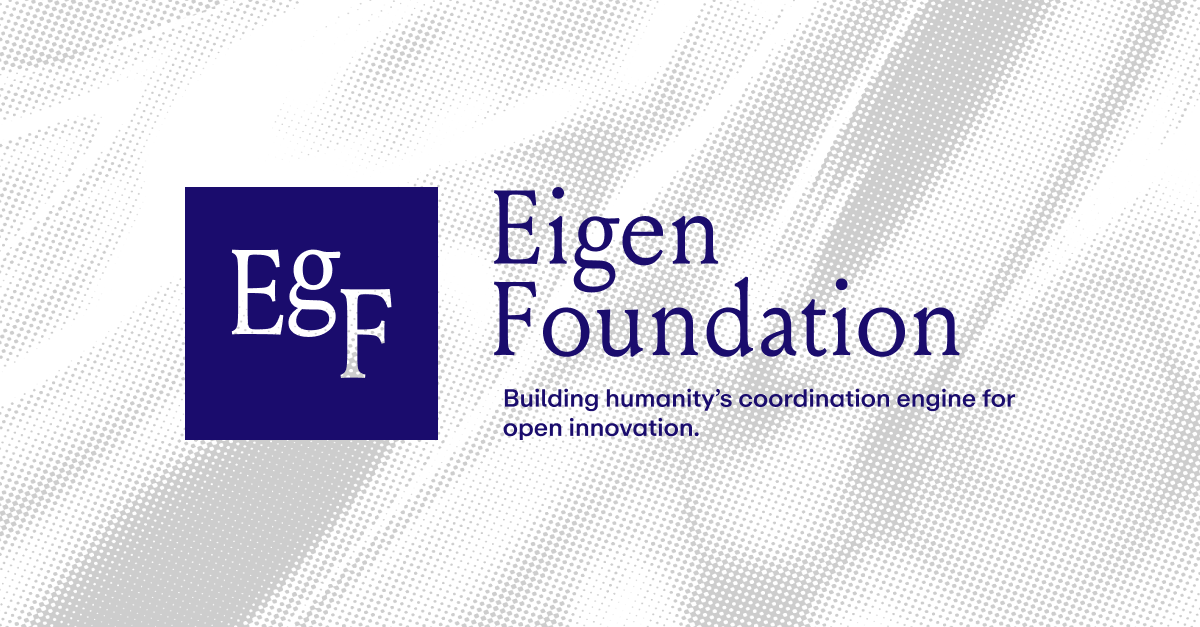
Apply for EigenLayer Grants
Ethereum Foundation Grants (Ecosystem Support Program)
- Blockchain: Ethereum (a decentralized, programmable layer-1 blockchain).
- Estimated Launch: The Ethereum Foundation's Ecosystem Support Program (ESP) specifically launched as a formalized grants program around 2018 (Ethereum's mainnet launched July 2015).
- Funding Range: The ESP does not state a hard minimum or maximum for all grants, as amounts vary widely based on project scope and impact. "Small Grants" capped at $30,000; "Project Grants" can be significantly larger ($200,000+).
- Focus Areas:
- Core Research & Protocol Development
- Developer Tooling & Infrastructure
- Community Building & Public Goods
- Application Process: Applicants typically submit a detailed proposal through the Ethereum Foundation ESP website's online application form. The evaluation process involves review by the ESP team, internal advisors, and may include applicant interviews and budget negotiation.
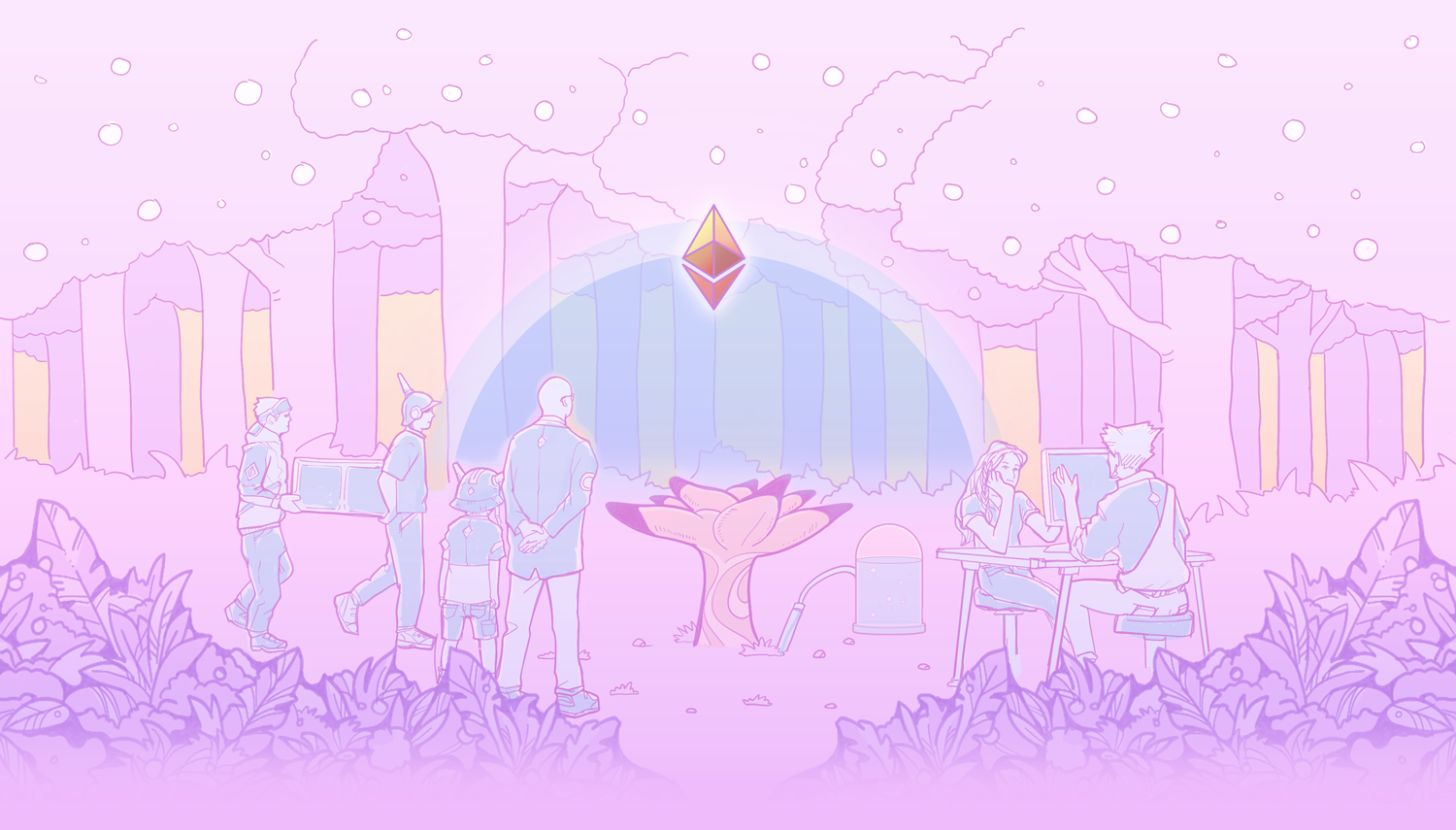
Apply for Ethereum Foundation Grants
HBAR (Hedera) Foundation Grants
- Blockchain: Hedera (public ledger using hashgraph)
- Estimated Launch: 2021-2022 (Hedera’s mainnet launched in 2019)
- Funding Range: Grants range from $20,000 to $250,000, based on project scope and impact.
- Focus Areas:
- Crypto economy solutions for decentralized finance and payments
- Metaverse applications and infrastructure
- Sustainability initiatives leveraging blockchain technology
- Application Process: Submit detailed proposals via the HBAR Foundation’s official website for review.
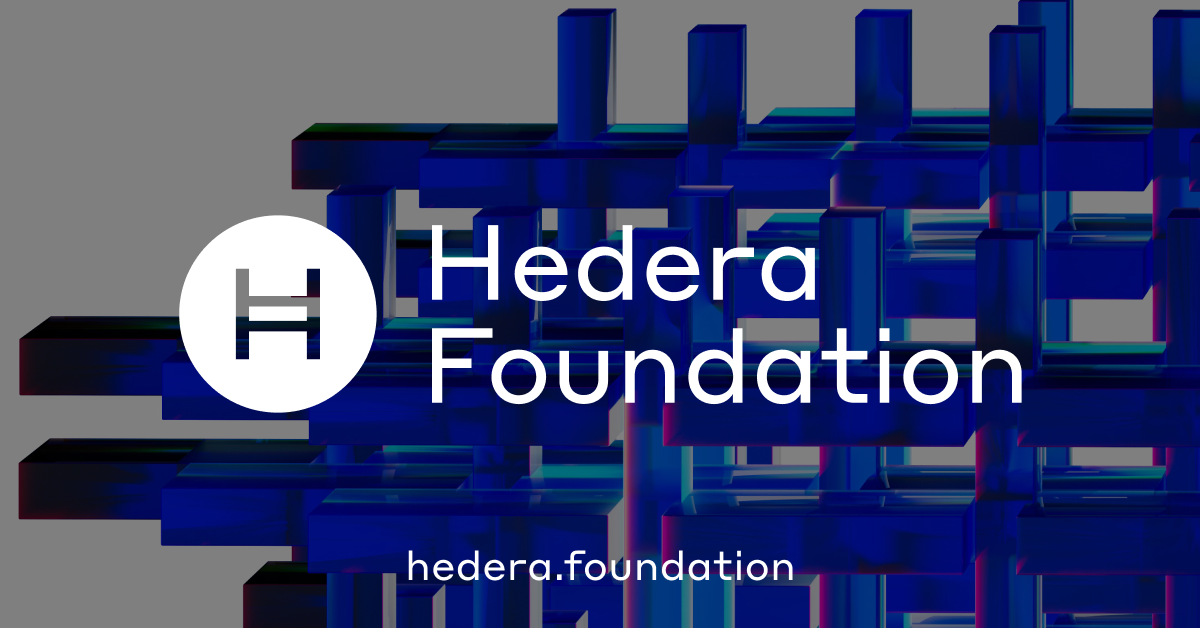
Apply for Hedera Grants
Internet Computer (ICP) Developer Grants Program
- Blockchain: Internet Computer (developed by DFINITY)
- Estimated Launch: 2020-2021 (The Internet Computer’s mainnet launched in May 2018)
- Focus Areas:
- Development of decentralized applications (dApps) on the Internet Computer
- Scalable and secure blockchain-based services
- Innovations leveraging the Internet Computer’s canister smart contract framework
- Application Process: Submit proposals through the DFINITY Foundation’s official grants portal for review.
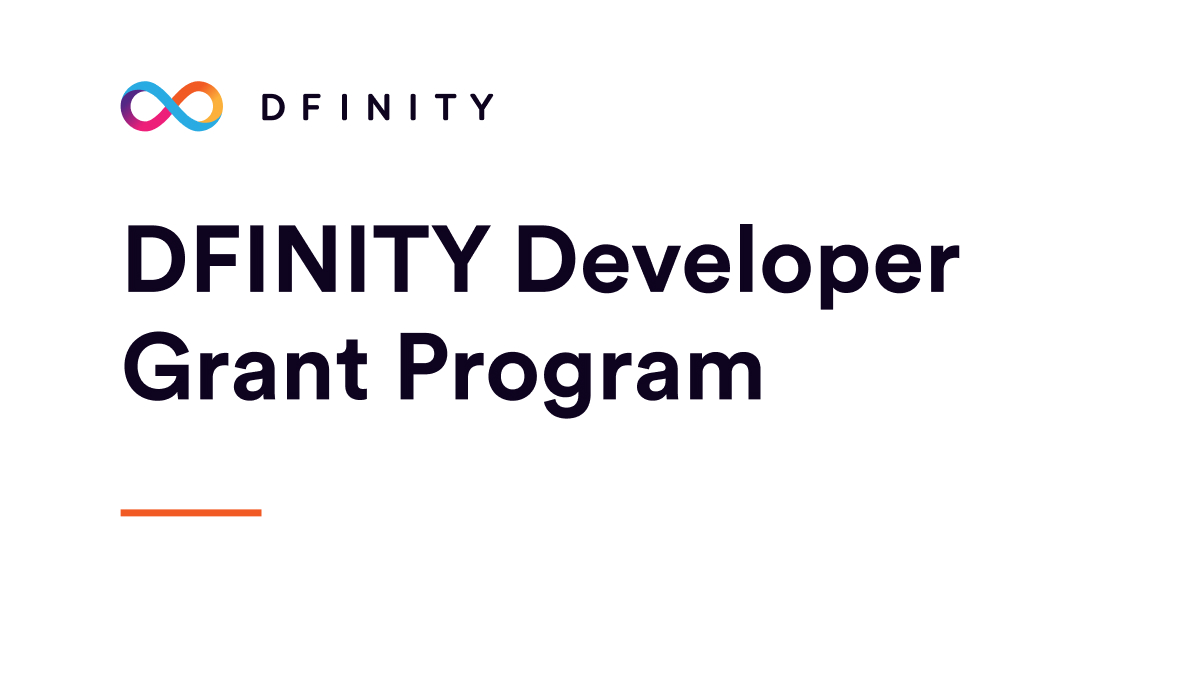
Apply for DFINITY (ICP) Grants
Litecoin Foundation Grants
- Blockchain: Litecoin (payment-focused blockchain).
- Estimated Launch: Litecoin’s mainnet launched in October 2011, with grants likely starting in recent years.
- Funding Range: $5,000–$100,000
- Focus Areas:
- Payment solutions
- Merchant adoption
- Layer-2 integrations
- Application Process: Apply via the Litecoin Foundation website.

Apply for Litecoin Grants
Mantle Grants
- Blockchain: Mantle (layer-1 blockchain)
- Estimated Launch: Mantle’s mainnet launched in 2023, with the grants program likely introduced between 2023 and 2024.
- Focus Areas:
- Liquidity chain solutions for capital efficiency
- Modular architecture innovations
- Zero-knowledge proof applications
- Application Process: Submit proposals through the Mantle Network’s official grants portal for review.
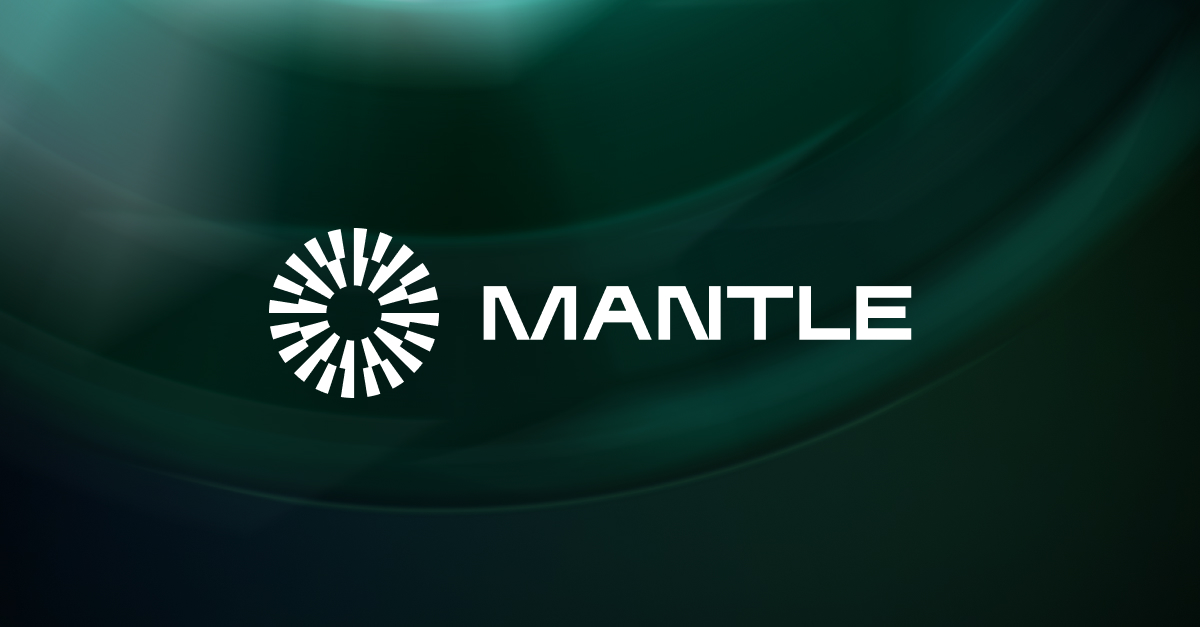
Apply for Mantle Grants
Optimism Grants
- Blockchain: Optimism (Ethereum layer-2 blockchain)
- Estimated Launch: Optimism’s mainnet launched in 2021, with the grants program likely introduced between 2022 and 2023.
- Funding Range: Grants range from $10,000 to $150,000, depending on project scope and impact.
- Focus Areas:
- Interoperability solutions for seamless cross-chain interactions
- Development of layer-2 decentralized applications (dApps)
- Governance initiatives to enhance Optimism’s decentralized framework
- Application Process: Submit proposals through Optimism’s dedicated grant portal for review.
Optimism Crypto Grants Page
Solana Foundation Grants
- Blockchain: Solana (layer-1 blockchain)
- Estimated Launch: Solana’s mainnet launched in March 2020, with the grants program likely introduced in 2021.
- Funding Range: Grants range from $20,000 to $500,000, depending on project scope and impact.
- Focus Areas:
- Scalable decentralized applications (dApps)
- Gaming platforms and infrastructure
- Decentralized finance (DeFi) innovations
- Application Process: Submit proposals through Solana’s developer portal for review by the Solana Foundation.

Stellar Community Fund
- Blockchain: Stellar (a payment-focused blockchain designed for fast, low-cost cross-border transactions and asset issuance, now also supporting smart contracts via Soroban).
- Estimated Launch: The Stellar Community Fund (SCF) officially launched on April 17, 2019 (Stellar's mainnet launched July 2014).
- Funding Range: The SCF offers various award types. For example, the Build Award allows projects to apply for up to $150,000 in XLM. The fund has distributed over 140 million XLM.
- Focus Areas:
- End-User Applications
- Financial Protocols
- Infrastructure & Services
- Developer Tooling
- Application Process: The Stellar Community Fund operates as an open-application awards program with significant community involvement. Applicants typically submit proposals via the communityfund.stellar.org platform. The process involves project abstract submission, a detailed build submission, panel review, and a community vote by XLM holders.
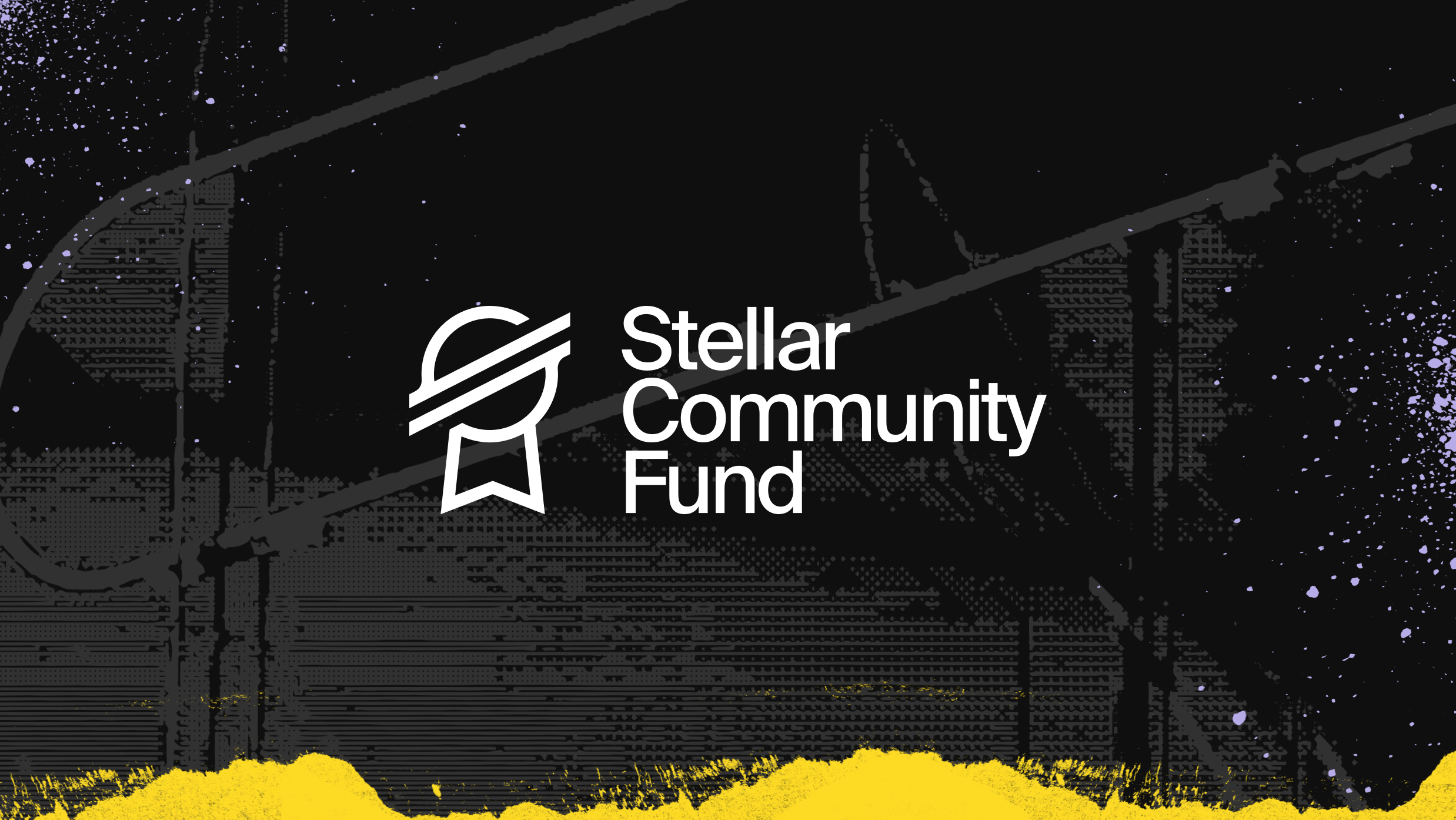
Sui Grants
- Blockchain: Sui (layer-1 blockchain)
- Estimated Launch: Sui’s mainnet launched in 2023, with the grants program likely introduced shortly thereafter.
- Focus Areas:
- Projects that drive the growth and adoption of the Sui ecosystem
- Advancements in scalability, developer tools, and decentralized applications
- Application Process: Developers submit proposals through the Request for Proposals (RFP) process outlined on Sui’s official grants portal.
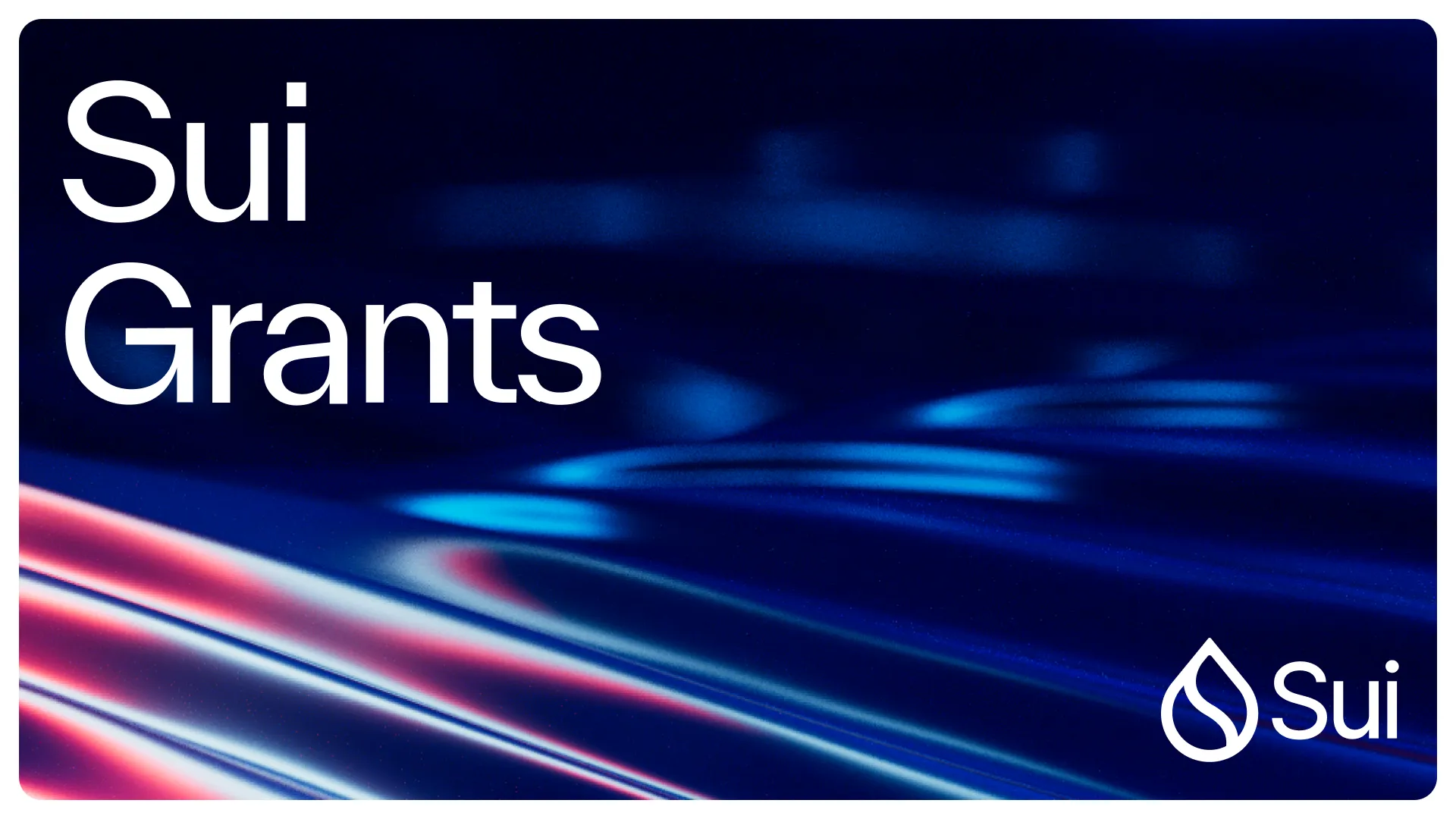
Tezos Foundation Grants
- Blockchain: Tezos (self-amending blockchain)
- Estimated Launch: Tezos’ mainnet launched in September 2018, with the grants program likely introduced in 2019.
- Funding Range: Grants range from $5,000 to $150,000, tailored to project scope and impact.
- Focus Areas:
- Governance mechanisms to enhance Tezos’ self-amending protocol
- Eco-friendly blockchain solutions for sustainability
- Development of decentralized applications (dApps)
- Application Process: Submit proposals through the Tezos Foundation’s official grants portal for review.

Apply for Tezos Grants
How to Choose the Right Grant for Your Project
Selecting the ideal grant requires aligning your project’s goals with the grant’s focus areas. Consider the following steps:
- Define Your Project Scope: Clearly outline your project’s objectives, whether it’s a DeFi protocol, NFT platform, or scalability solution.
- Research Eligibility Criteria: Ensure your team and project meet the grant’s requirements.
- Tailor Your Proposal: Highlight how your project aligns with the grant’s mission, using data and metrics to demonstrate impact.
- Leverage Community Feedback: Engage with the grant program’s community for insights and networking opportunities.
Tips for a Winning Grant Application
Crafting a compelling grant proposal is essential for securing funding, particularly in competitive fields such as blockchain technology. A well-structured application not only communicates your project’s vision but also demonstrates its feasibility and potential impact. Below are expanded best practices to guide you in creating a persuasive and professional grant application.
1. Articulate a Clear and Concise Proposal
Clarity and brevity are paramount in a grant application. Reviewers often evaluate numerous proposals, so your ability to communicate your project’s value proposition succinctly is critical.
- Define the Problem and Solution: Clearly articulate the problem your project addresses and how your solution is unique. Avoid jargon and overly technical language to ensure accessibility to a broad audience.
- Structure Your Narrative: Use headings, bullet points, and short paragraphs to enhance readability. A logical flow—such as problem statement, proposed solution, and expected outcomes—helps reviewers grasp your intent quickly.
- Avoid Overcomplication: Focus on the core objectives and deliverables. Extraneous details can dilute your message and obscure your project’s purpose.
2. Showcase Your Team’s Expertise and Credibility
Funders invest in teams as much as they invest in ideas. Demonstrating your team’s qualifications and track record builds confidence in your project’s success.
- Highlight Relevant Experience: Detail your team members’ expertise, emphasizing skills and accomplishments relevant to the project. For example, if applying for a blockchain grant, showcase prior work in decentralized systems, cryptography, or related fields.
- Include Past Successes: Provide concrete examples of previous projects, publications, or contributions to the ecosystem. Metrics such as successful product launches or community adoption rates can strengthen your case.
- Leverage Partnerships: If applicable, mention collaborations with reputable organizations or individuals to enhance credibility.
3. Demonstrate Measurable Impact
Funders want to know how your project will create meaningful change, particularly in advancing the blockchain ecosystem. Use data and metrics to substantiate your claims.
- Quantify Outcomes: Provide specific, measurable goals, such as the number of users onboarded, transactions processed, or efficiency gains achieved. For instance, “Our project aims to reduce transaction costs by 30% for 10,000 users within 12 months.”
- Align with Funders’ Goals: Tailor your impact statement to the grant program’s priorities, such as scalability, inclusivity, or security in blockchain applications.
- Address Long-Term Value: Explain how your project contributes to the broader ecosystem, such as fostering innovation, improving accessibility, or enabling new use cases.
4. Adhere Strictly to Submission Guidelines
Failure to follow the grant program’s requirements can result in immediate disqualification, regardless of your project’s merit.
- Review Guidelines Thoroughly: Study the grant program’s eligibility criteria, formatting rules, and submission deadlines. Ensure your application complies with word limits, file formats, and required documentation.
- Use Provided Templates: If the grant program offers templates or specific questions, address each point directly and completely.
- Proofread and Test Links: Before submission, meticulously proofread your proposal for errors and verify that all links (e.g., to whitepapers or prototypes) are functional.
5. Engage the Community for Feedback and Visibility
Community support can differentiate your project in a competitive funding landscape. Engaging with relevant communities, particularly on platforms like X, can amplify your proposal’s reach and refine its direction.
- Share Your Vision: Post about your project on X to attract feedback, identify potential collaborators, and build a following. Use clear, engaging posts to explain your project’s goals and invite input.
- Incorporate Feedback: Actively listen to community suggestions and demonstrate how you’ve refined your project based on constructive input. This shows responsiveness and a commitment to improvement.
- Build Traction: Highlight community engagement metrics, such as the number of supporters, retweets, or endorsements, to demonstrate market interest in your proposal.
6. Develop a Realistic Budget and Timeline
A well-thought-out budget and timeline reassure funders that you have a practical plan for executing your project.
- Detail Budget Allocation: Break down how funds will be used, including personnel, development, marketing, and other expenses. Justify each cost to show fiscal responsibility.
- Set Achievable Milestones: Outline a timeline with clear, time-bound deliverables. For example, “Complete smart contract development by Q3 2026” or “Launch beta version by Q1 2027.”
- Account for Contingencies: Include a buffer for unexpected challenges, demonstrating foresight and preparedness.
7. Tell a Compelling Story
Beyond technical details, your proposal should inspire and resonate with reviewers by weaving a narrative that highlights your project’s purpose and potential.
- Connect to a Broader Vision: Frame your project within the larger context of blockchain’s transformative potential, such as financial inclusion or data sovereignty.
- Emphasize Human Impact: Share stories or scenarios illustrating how your project will benefit individuals or communities. For example, explain how your decentralized application could empower underserved populations.
- Conclude with a Call to Action: End your proposal with a strong, concise statement urging funders to support your vision and its impact on the ecosystem.
Final Notes
Before submitting, have a colleague or mentor review your application to catch errors and provide an external perspective. Tailor each proposal to the specific grant program, avoiding generic submissions. By combining clarity, credibility, and community engagement, your grant application will stand out as a compelling case for funding.
The Future of Crypto Grants in 2025
As blockchain adoption grows, grant programs are evolving to support emerging trends like tokenized real-world assets, decentralized AI, and sustainable blockchain solutions. In 2025, expect increased funding for projects addressing regulatory compliance and cross-chain interoperability, as these areas are critical to mainstream adoption (Investopedia, "Blockchain Trends to Watch in 2025).
Frequently Asked Questions (FAQ)
What are crypto grants?
Crypto grants are non-dilutive funding programs offered by blockchain foundations, protocols, and ecosystem DAOs to support the development of innovative projects. These grants typically cover areas such as decentralized finance (DeFi), non-fungible tokens (NFTs), layer-2 scaling solutions, tokenized assets, interoperability, and decentralized AI.
They provide financial support without taking equity, allowing developers and teams to maintain full ownership of their projects.
Who is eligible for crypto grants?
Eligibility depends on the specific program, but most are open to:
- Developers
- Startups
- Researchers
- Community-led teams
Strong applications typically include a well-defined project proposal that aligns with the grant’s focus, such as improving scalability, user adoption, interoperability, or decentralization. Many programs prefer applicants with technical expertise, prior contributions, or a working prototype.
How can I improve my chances of securing a grant?
To strengthen your application:
- Craft a clear, goal-driven proposal tailored to the grant’s focus.
- Engage with the grant’s community (on platforms like X, Telegram, or Discord) to gain feedback and increase visibility.
- Emphasize measurable impact, such as anticipated user growth, transaction volume, or ecosystem integration.
- Showcase your team’s relevant experience and technical credibility.
- Follow all submission guidelines carefully—many rejections stem from avoidable errors.
What types of projects are typically funded by crypto grants?
Grant programs vary, but commonly funded categories include:
- Decentralized Finance (DeFi): Lending, staking, and DEX protocols (e.g., Aave, Uniswap).
- Non-Fungible Tokens (NFTs): Marketplaces, tools, and infrastructure (e.g., Rarible, Zora).
- Layer-2 Scaling Solutions: Rollups, zk tech, and off-chain compute (e.g., Optimism, zkSync).
- Interoperability: Cross-chain bridges and messaging protocols (e.g., Wormhole, Axelar).
- Decentralized AI and Sustainability: AI-enhanced dApps or eco-focused blockchain tools (e.g., Fetch.ai, Greenchain solutions).
Always check the focus areas of each grant program before applying.
What is the typical funding range for crypto grants?
Funding amounts vary widely based on the project's scope and the grant’s size:
- Smaller grants (e.g., Ethereum Ecosystem Support Program): $5,000–$30,000.
- Mid-sized grants (e.g., Arbitrum Foundation, Polkadot Treasury): $50,000–$100,000.
- Larger grants (e.g., Solana Foundation, Near, Algorand): $100,000–$500,000+ for infrastructure or high-impact tools.
- Token-based grants (e.g., Cardano Project Catalyst): Funded in native tokens like ADA, often based on community voting.
Note: Some programs split payments into stages based on progress.
How long does the grant application process take?
Timelines differ across programs:
- Rolling reviews (e.g., Aave Grants DAO, Optimism RPGF): Typically 2–4 weeks.
- Multi-phase programs (e.g., Stellar Community Fund, Project Catalyst): 1–3 months, including proposal drafts, community feedback, and voting.
- Larger grants with milestone-based funding may take longer due to evaluation and approval stages.
Always review each program’s published timelines and deadlines.
Can individuals or small teams apply for grants, or are they limited to established organizations?
Most crypto grants welcome applications from individuals, early-stage teams, and community contributors, in addition to registered companies.
Examples of inclusive programs:
- Aptos Grants support solo developers and experimental projects.
- Tezos Foundation funds grassroots projects that align with its open-source values.
What matters most is clear vision, technical feasibility, and alignment with the protocol’s goals—not the size of your team.
Do crypto grants require repayment?
No. Crypto grants are non-dilutive and non-repayable.
They are designed to fund development, research, or ecosystem contributions without expecting equity or repayment.
However, recipients are typically required to:
- Meet development milestones
- Provide progress reports
- Remain engaged with the ecosystem
Failure to meet obligations may result in funding suspension or cancellation.
How do I find the right grant for my project?
To choose the right grant:
- Identify your project’s category (e.g., DeFi, AI, infrastructure).
- Research grant programs with a history of funding similar initiatives.
- DeFi protocols? Try Ethereum ESP or Aave Grants DAO.
- L2 tools? Look into Arbitrum, Optimism, or zkSync grants.
- NFTs or DAOs? Explore Polygon Village or Stacks Foundation.
- Review eligibility and requirements, including:
- Funding size
- Application deadlines
- Milestone reporting
- Engage with their community to test your idea, get feedback, and build support.
What happens after a grant is awarded?
Once awarded:
- You may need to sign a grant agreement or MOU.
- Funds are often disbursed in stages, tied to milestones or deliverables.
- You’ll be expected to submit progress updates, technical documentation, or public posts.
- Some programs, like Avalanche’s Retroactive Public Goods Program, involve community voting to unlock future funding.
In addition to funds, recipients may also gain access to:
- Developer and support communities
- Mentorship or advisory networks
- Marketing exposure through ecosystem announcements or demo days
Disclaimer
The information provided in this article is for informational purposes only and does not constitute financial, legal, or investment advice. The details regarding crypto grants, including funding ranges, focus areas, and application processes, are based on publicly available information as of July 2025 and are subject to change. Readers are encouraged to verify the accuracy of this information directly with the respective grant programs and consult with professional advisors before making any decisions related to grant applications or cryptocurrency projects. The author and publisher are not responsible for any actions taken based on this information, including but not limited to financial losses or missed opportunities. Always conduct thorough research and exercise due diligence when engaging with blockchain and cryptocurrency initiatives.

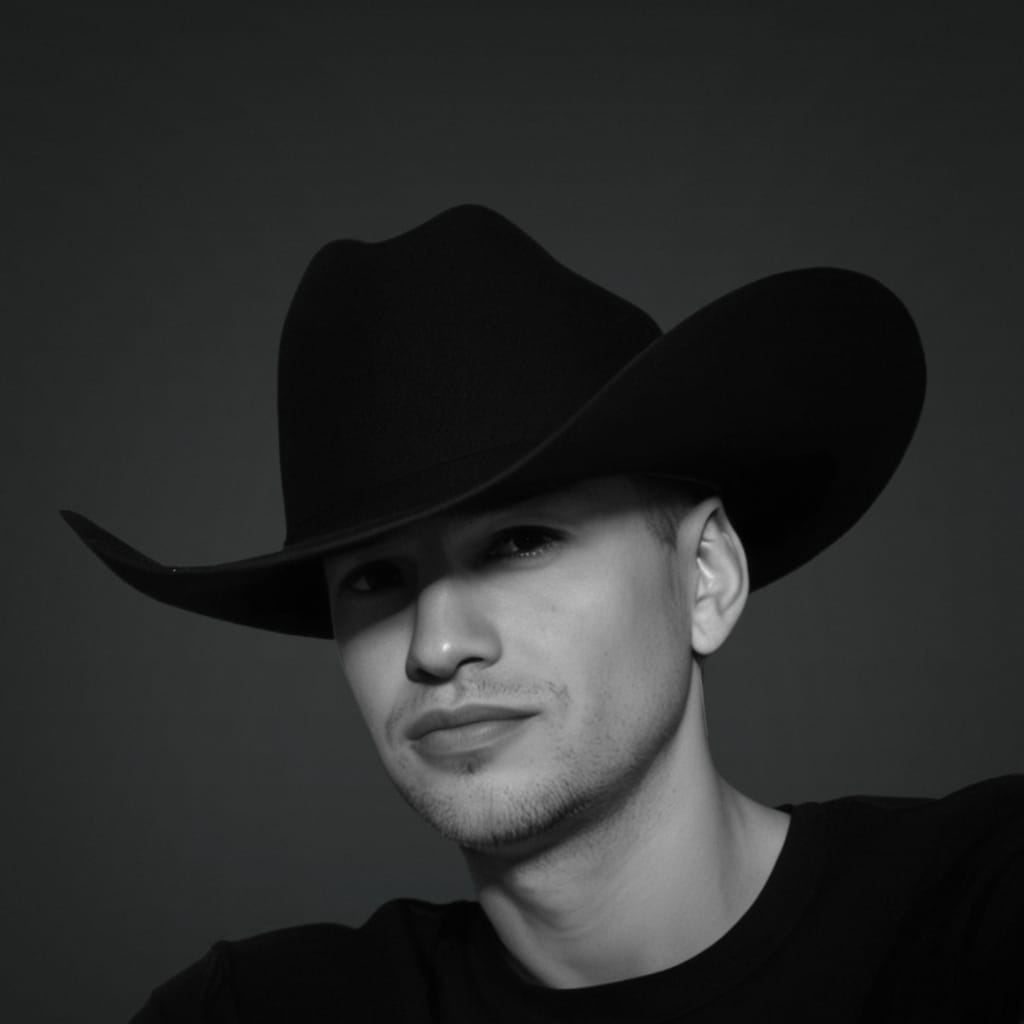
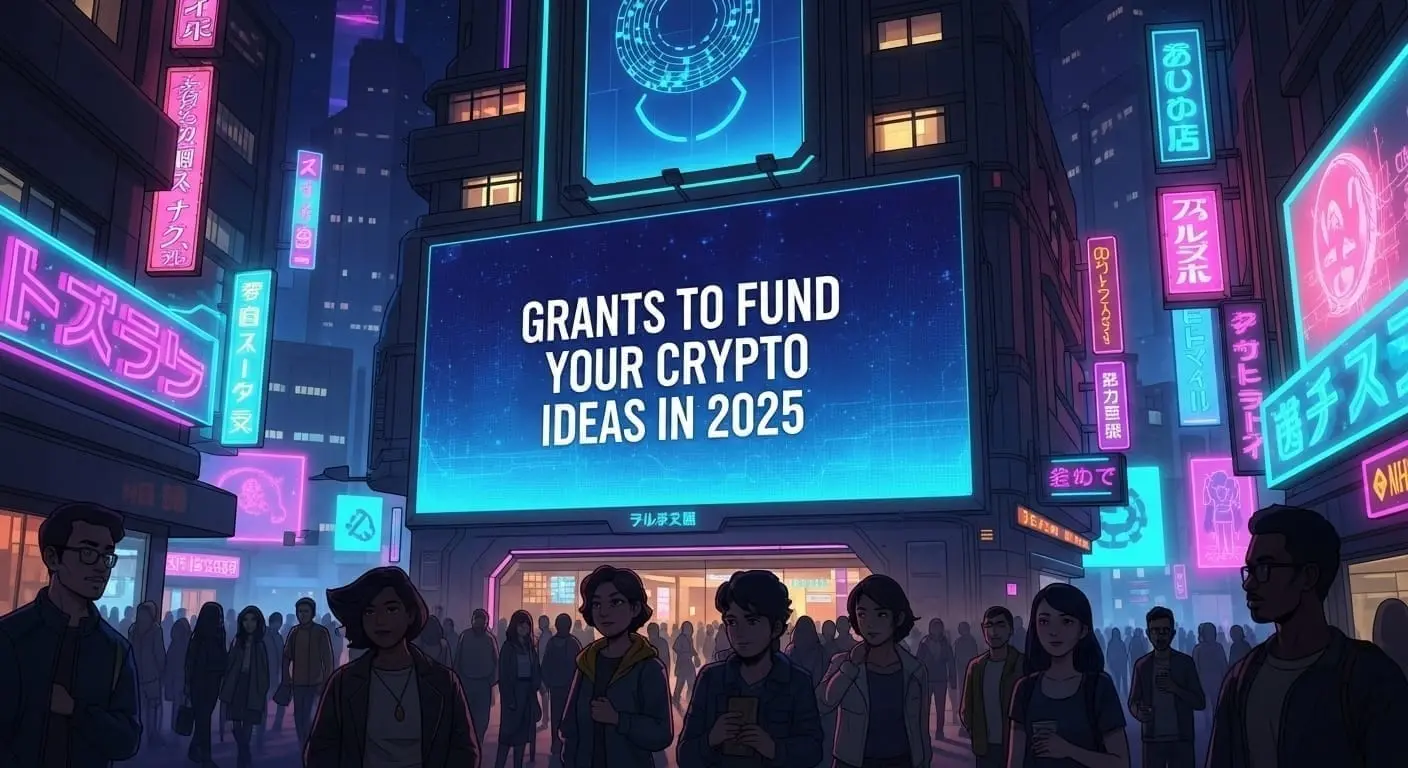
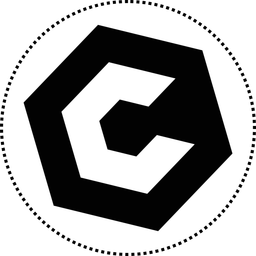
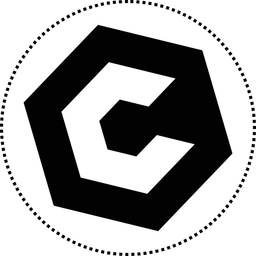




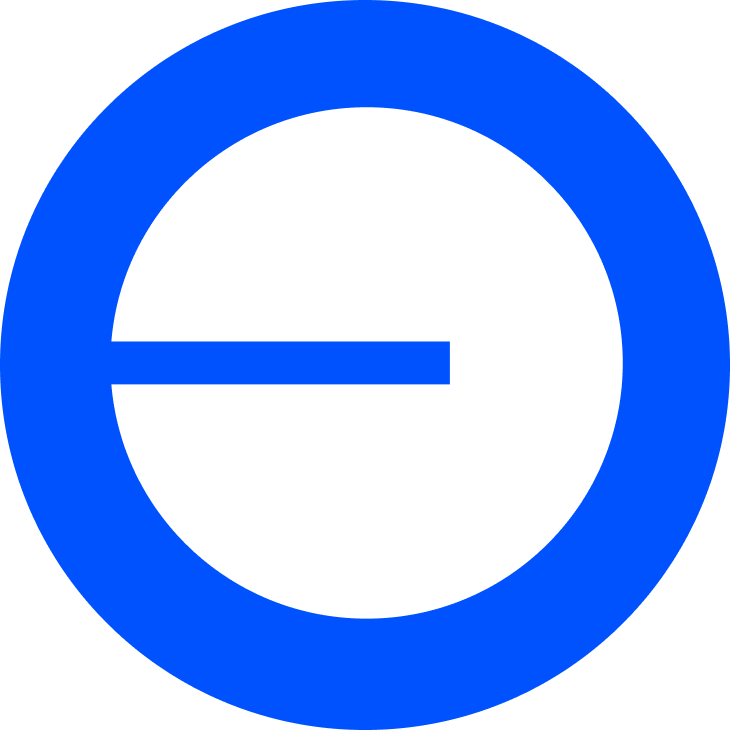













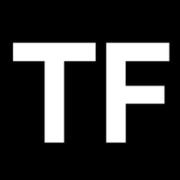



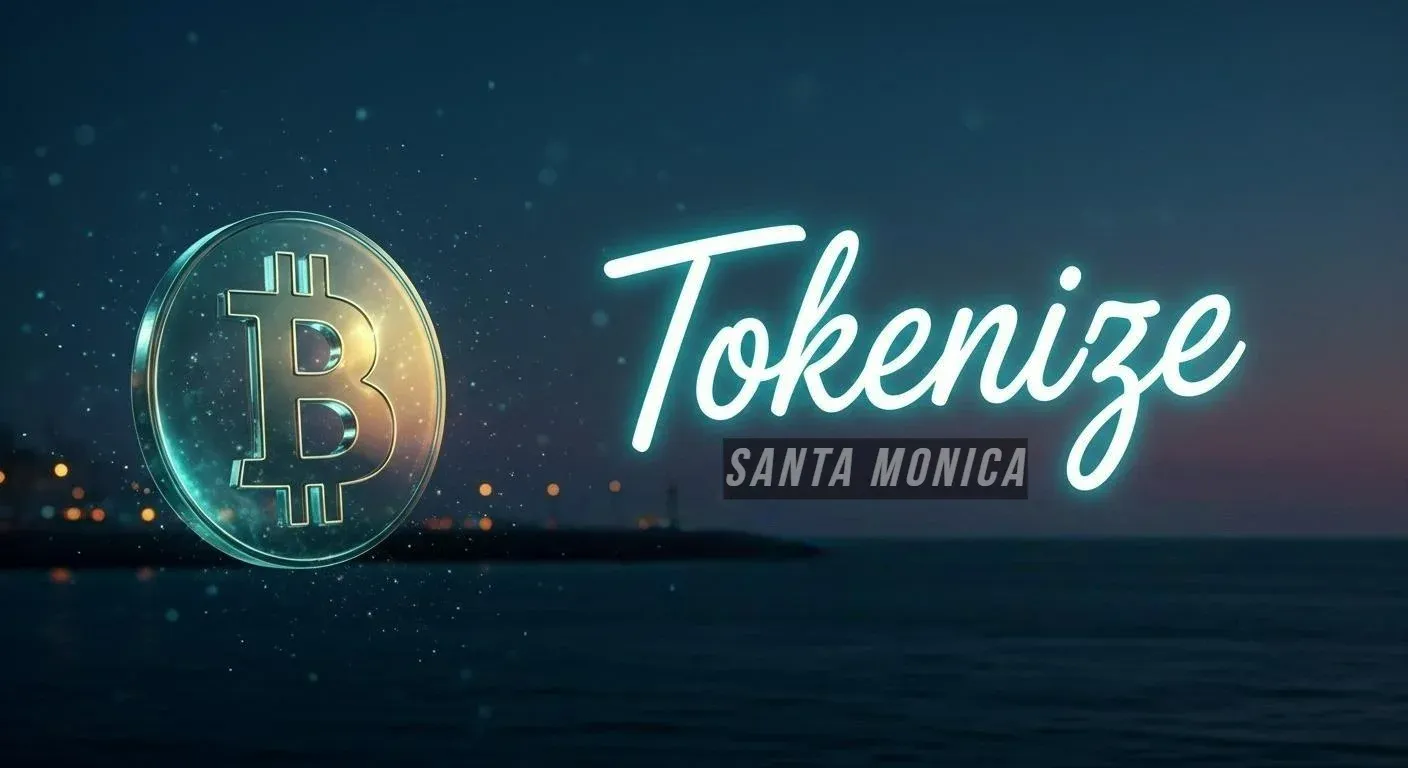
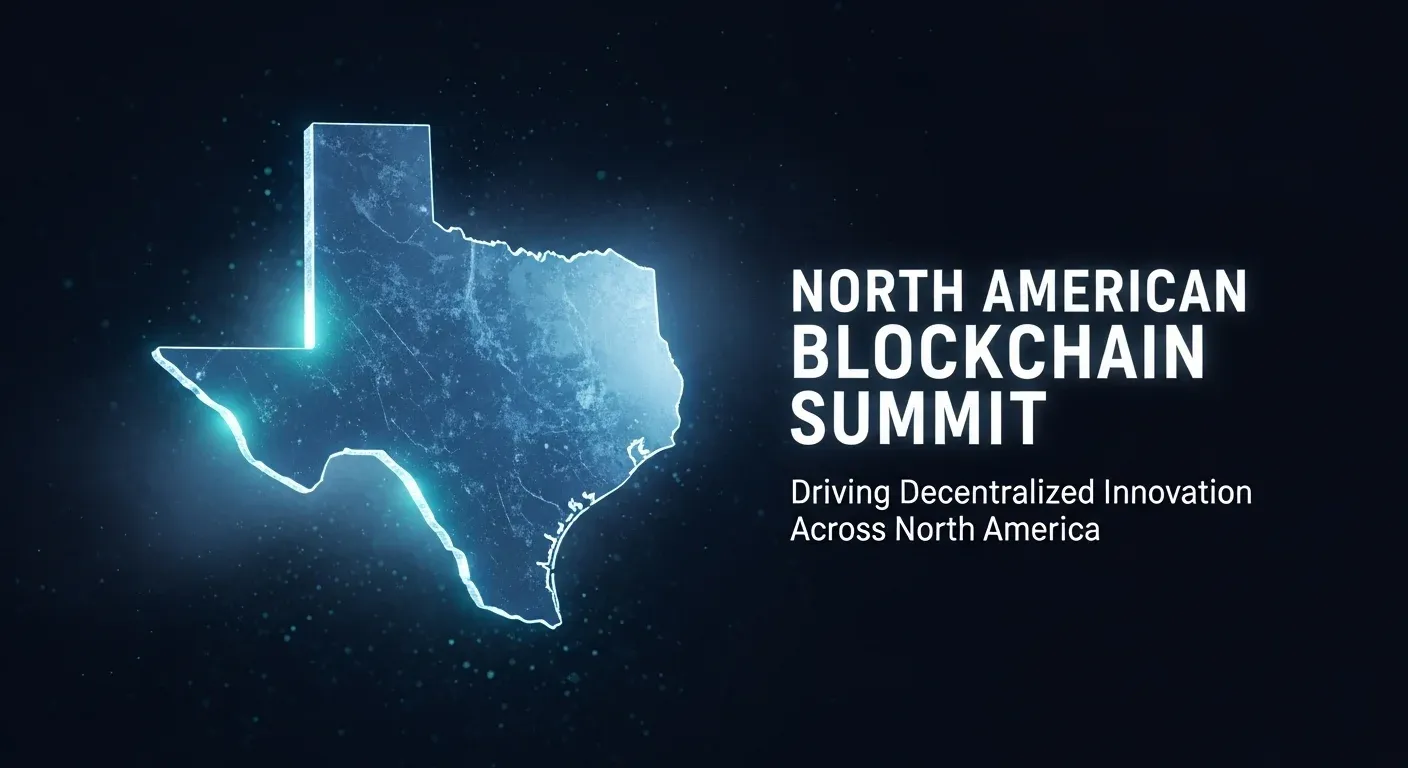
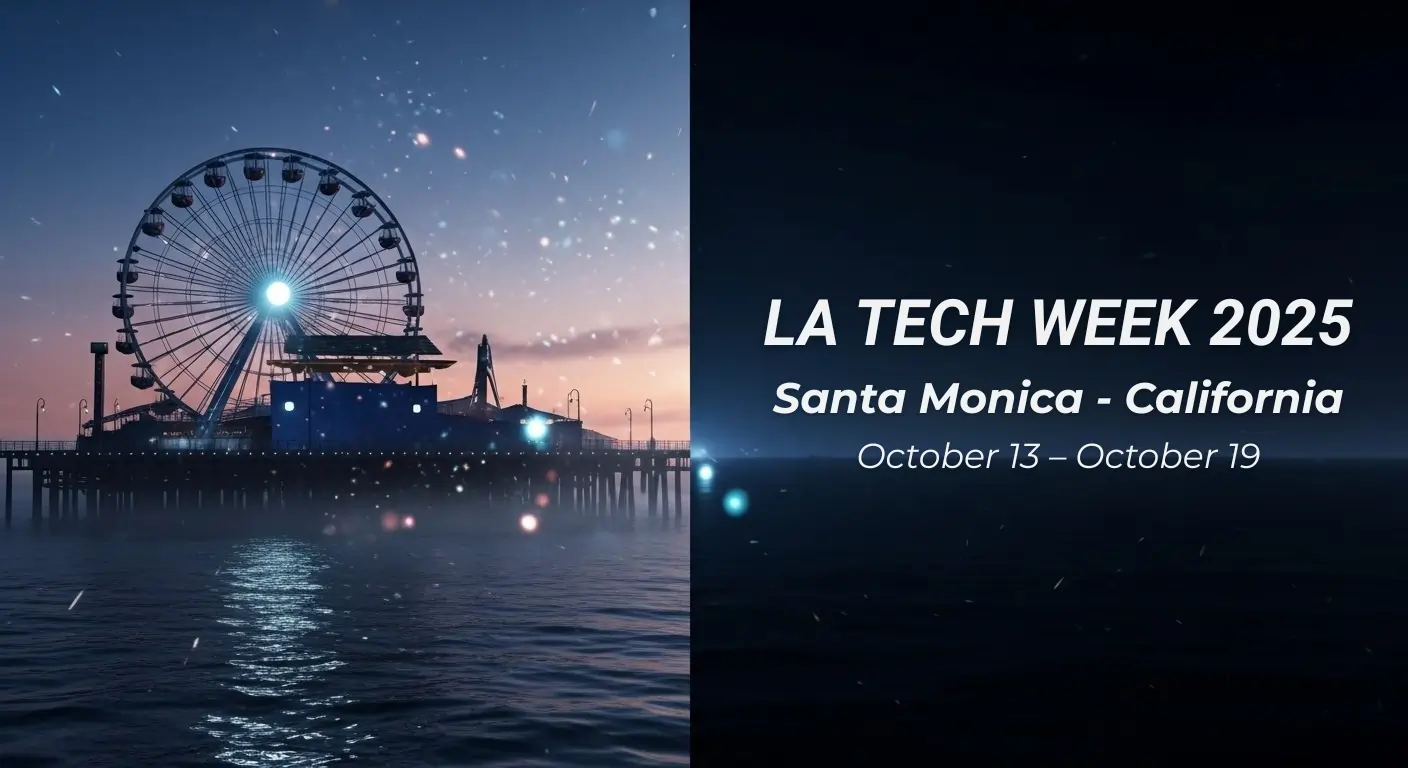
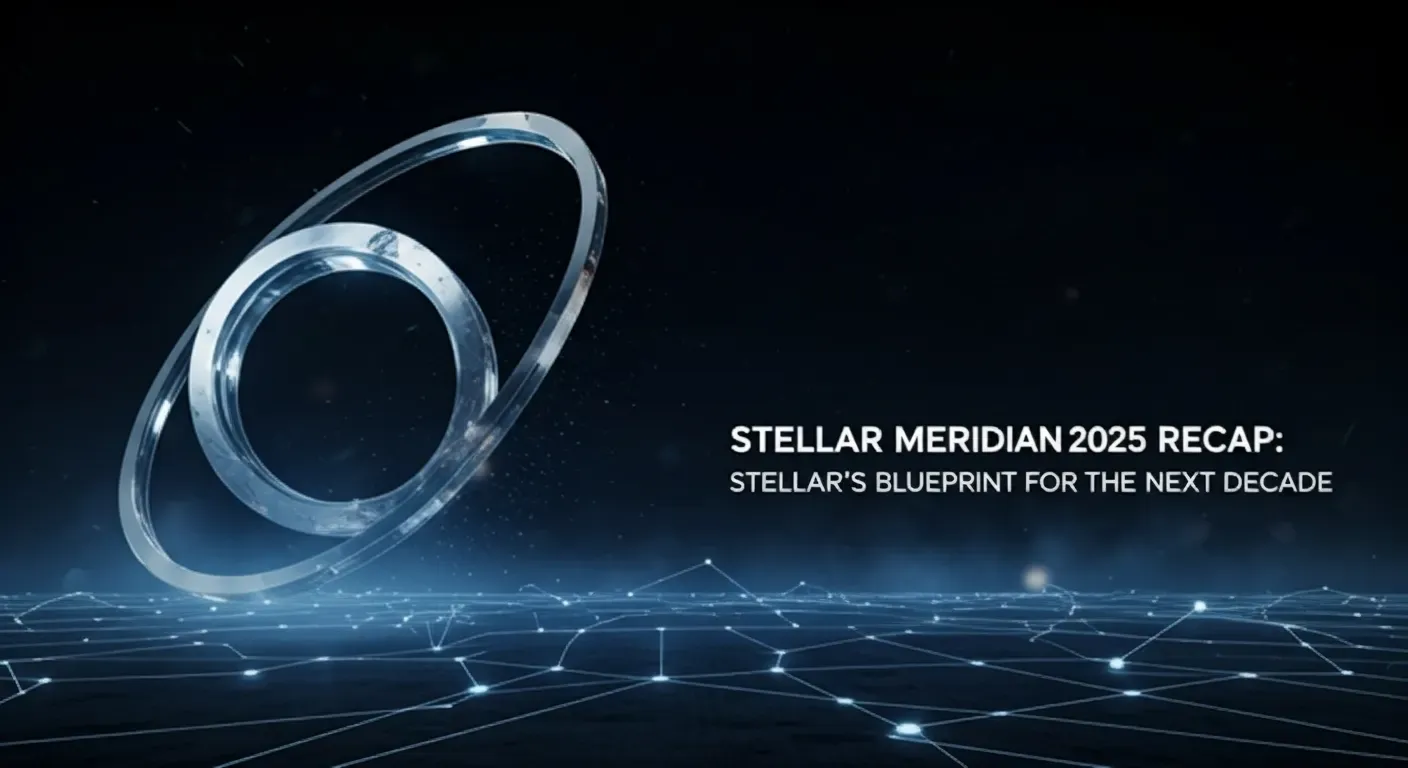
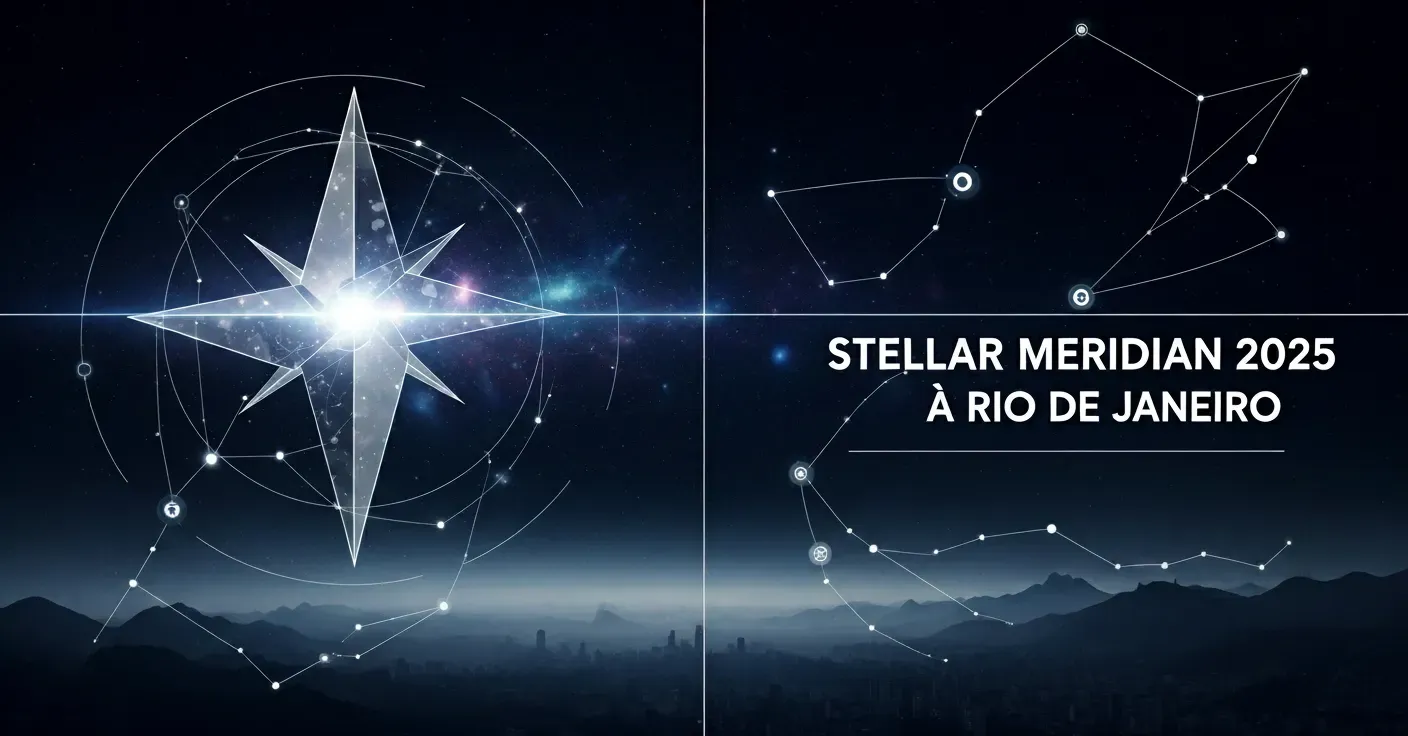
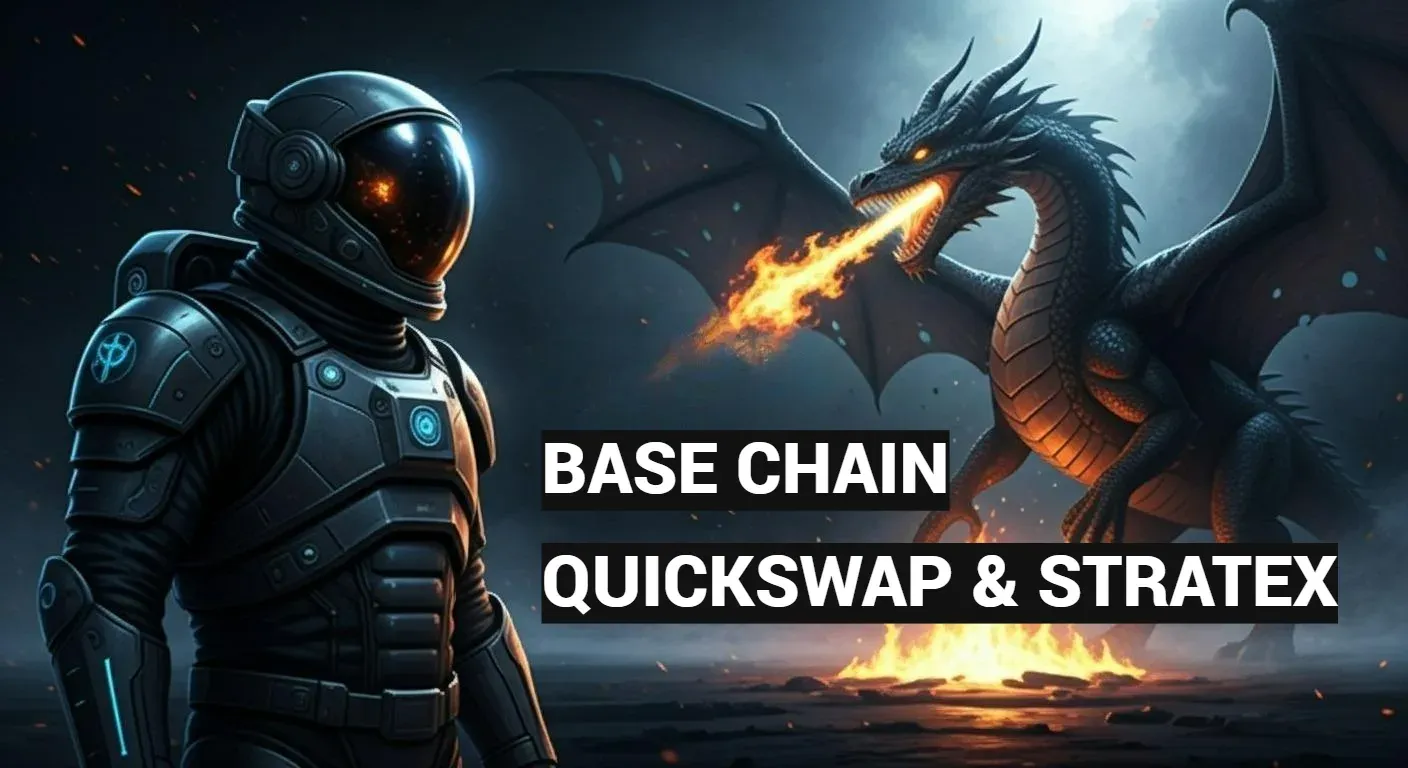
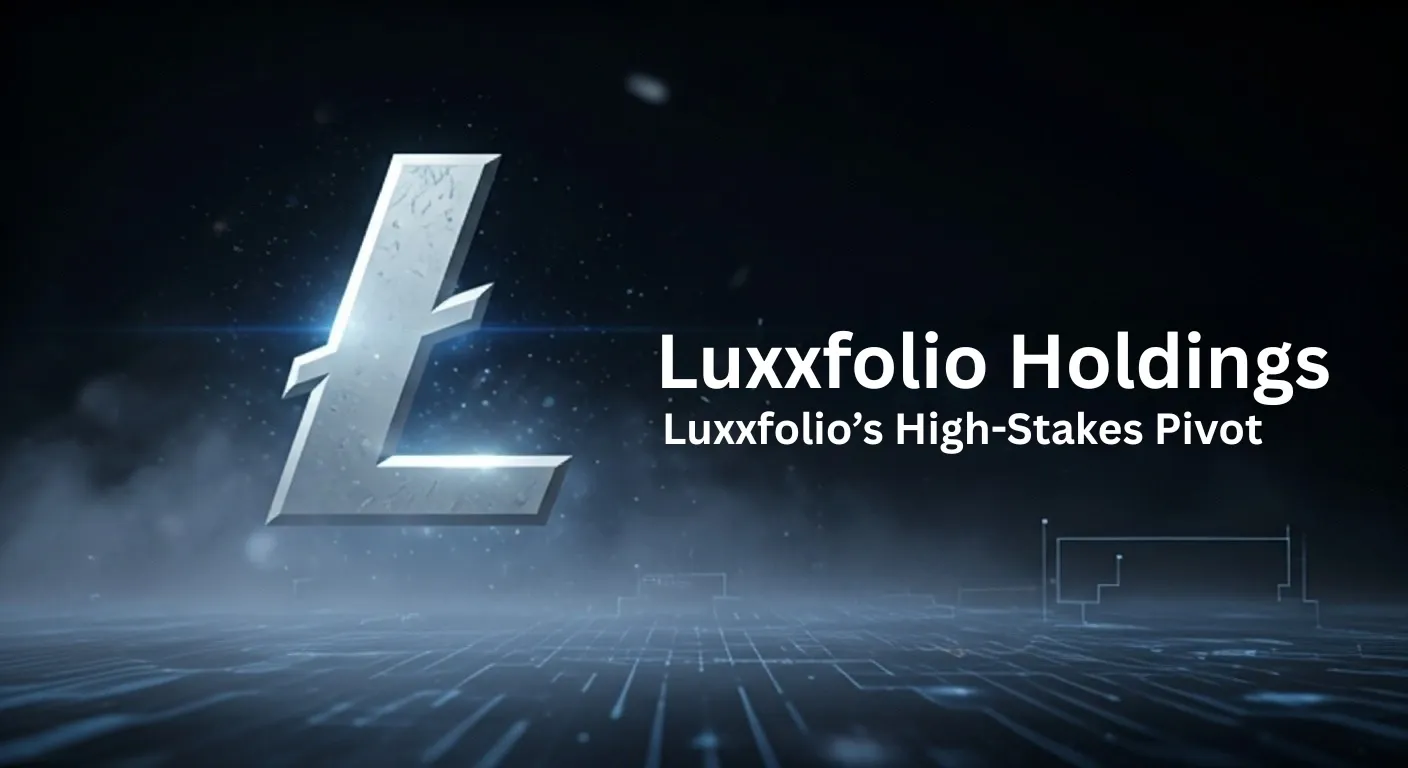
Discussion